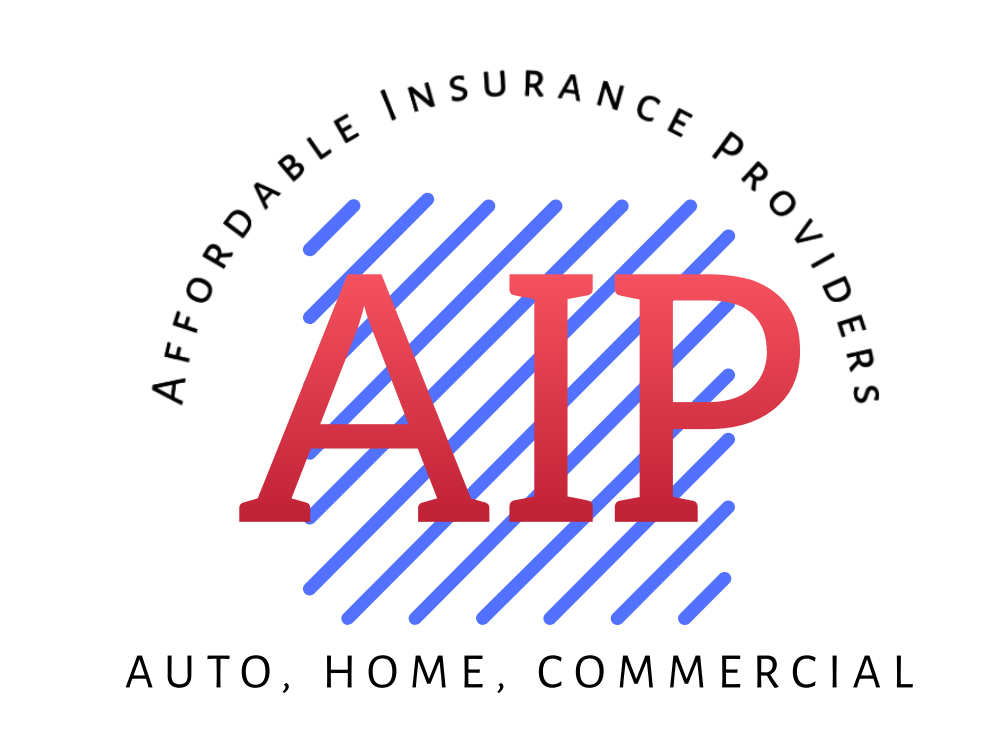
What Do I Need to Know When Buying a New Car?
 Beyond choosing the make, model and features of your new vehicle, there are critical insurance factors you need to understand when buying a new car.
Beyond choosing the make, model and features of your new vehicle, there are critical insurance factors you need to understand when buying a new car.
One of the most significant factors in determining your car insurance premium is the value of your vehicle.
Newer cars, especially those with advanced technology, tend to be more expensive to repair or replace.
As a result, your premium could be higher for a brand-new vehicle than it would be for a used or older model. When you’re budgeting for your new car, make sure to factor in potential insurance costs.
Before Buying a New Car, Know Your Coverage Options
When buying a new car, you need to think about more than just basic liability coverage. New vehicles often benefit from additional types of coverage that provide more protection, including the following:
- Collision coverage—This helps cover repair or replacement costs if you’re involved in an accident, regardless of fault.
- Comprehensive coverage—This can financially protect against noncollision incidents such as theft, vandalism or damage from severe weather.
- Gap insurance—Since a new car’s value depreciates quickly, gap insurance may help cover the difference between what your car is worth and what you owe on your auto loan in the event of a total loss.
- Uninsured/underinsured motorist coverage—If you are in an accident with an at-fault uninsured or underinsured driver or are the victim of a hit-and-run incident, this coverage may help pay for your medical bills and property damage.
State Requirements
Most states have minimum car insurance requirements, which means you must purchase at least the amount of liability coverage mandated by law. This coverage may help pay for damages you cause to others in an accident, up to the policy’s limits.
Work with your insurance provider to determine the best coverage limits for your situation.
Contact Us
Contact Affordable Insurance Providers in Bossier City, Louisiana, for a personalized auto insurance quote.
This blog is intended for informational and educational use only. It is not exhaustive and should not be construed as legal advice. Please contact your insurance professional for further information.
